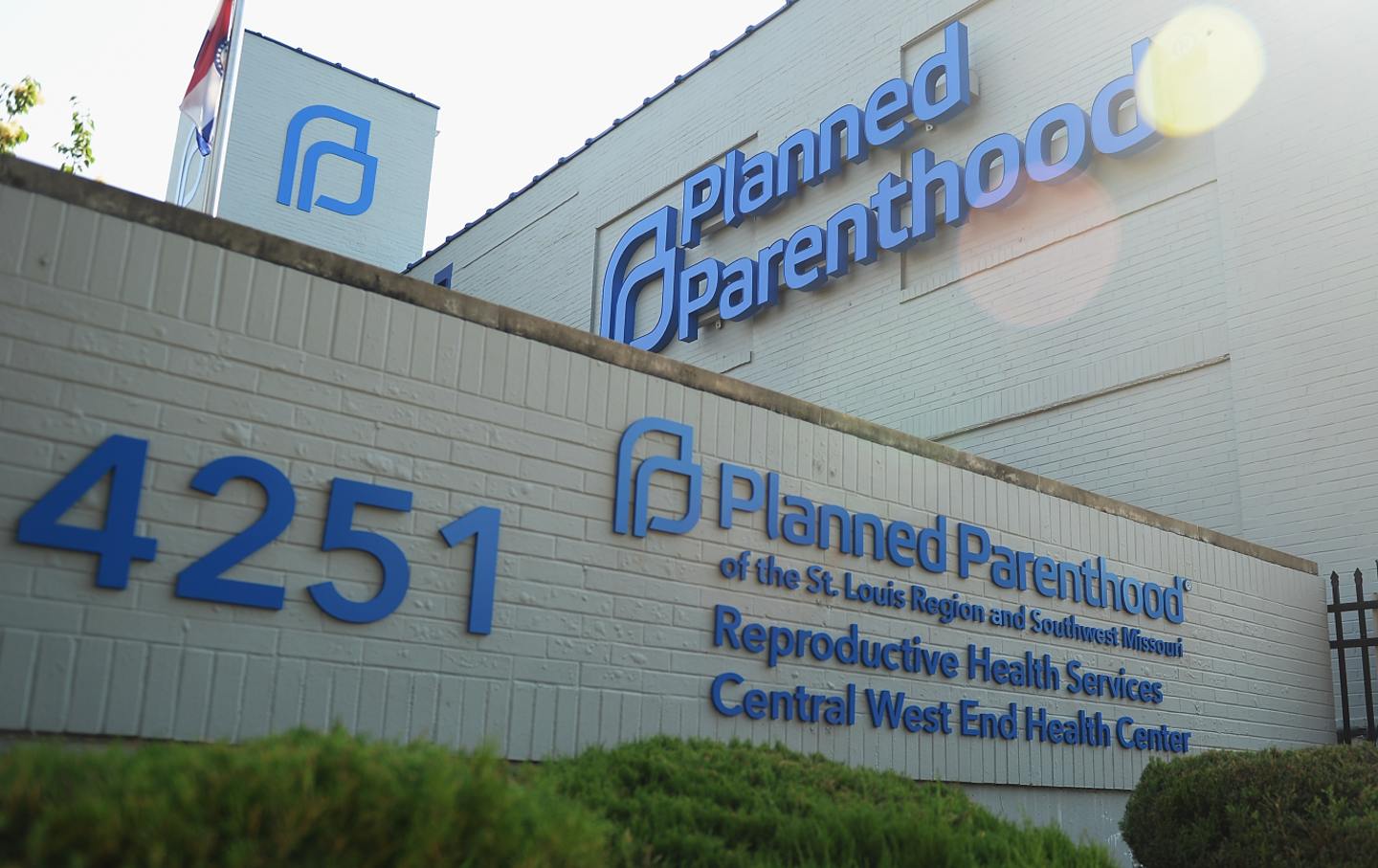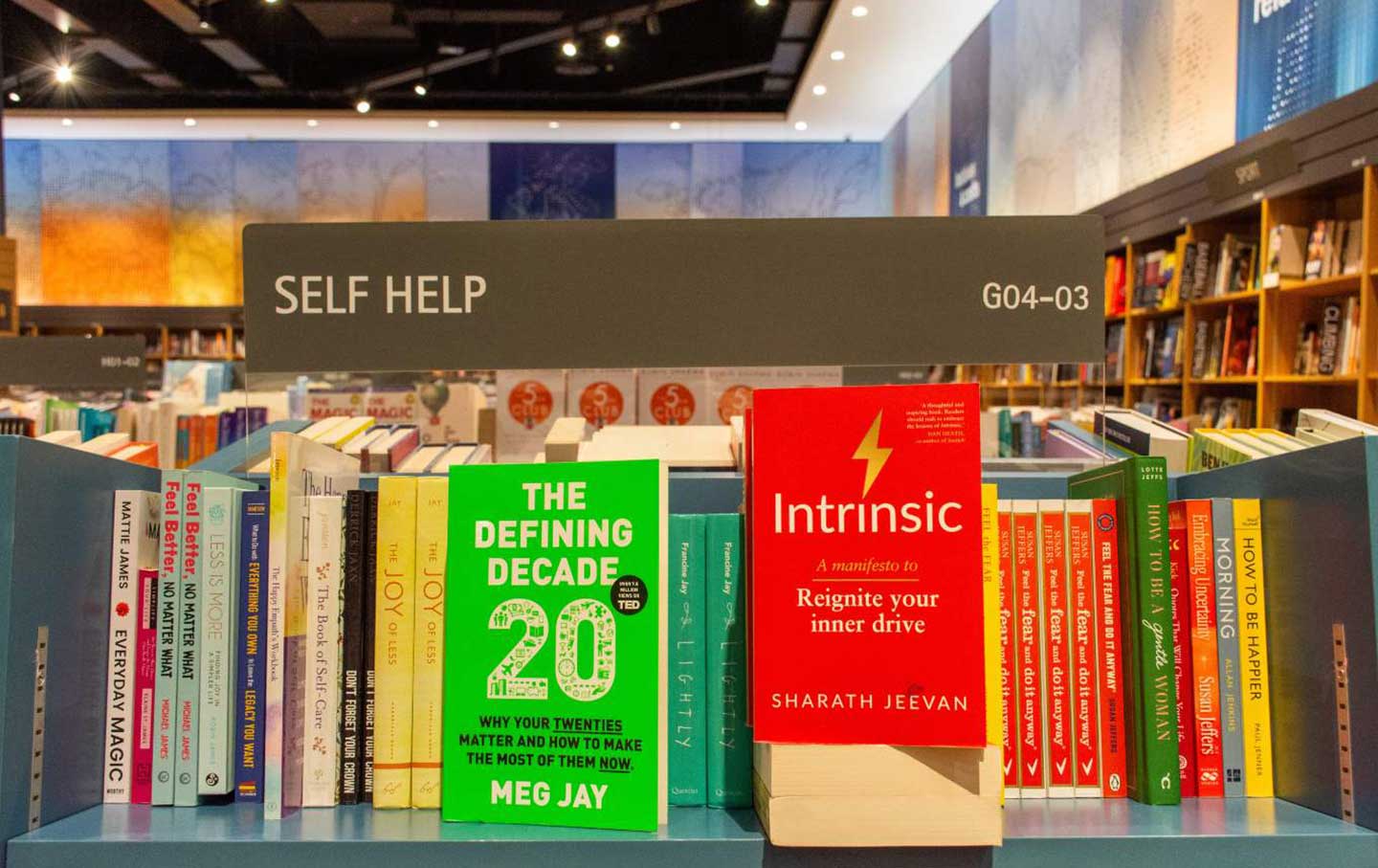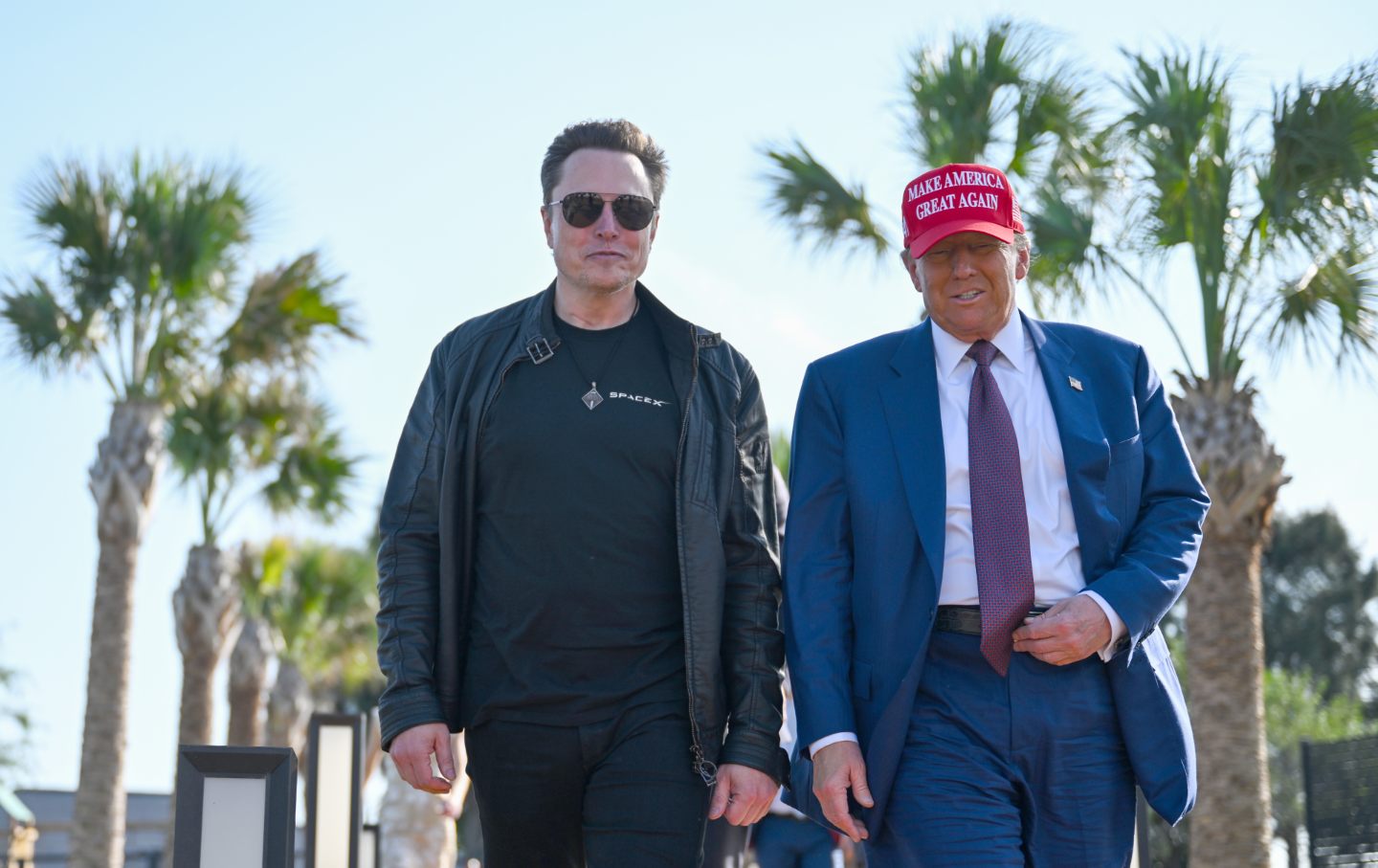
December 24, 2024
A case just added to the high court’s docket takes on the question of whether Medicaid can be used to pay for services at medical providers that also perform abortions.

The exterior of a Planned Parenthood Reproductive Health Services Center in St Louis, Missouri
(Michael Thomas / Getty Images)
Last week, the Supreme Court added two additional cases to this term’s docket. You’ve probably already heard about the first one: The court plans to give TikTok one last opportunity to save itself, and will hear the company’s case in an expedited fashion, on January 10. The court can move incredibly quickly when money is at stake.
With all due respect to TikTok—increasingly the news platform of choice for America’s youth—the second case is more important. This case, Kerr v. Planned Parenthood, examines whether Medicaid funds can be used to pay for services at Planned Parenthood. If the court says “no,” it will limit access to contraception and gynecological care to millions and millions of impoverished Americans.
This case is not about abortion. Readers familiar with the dystopian state of reproductive rights in this country know that the government already forbids Medicaid from being used to fund abortion. We have the Hyde Amendment to thank for that, as well as various state laws that replicate that amendment’s damage.
But Planned Parenthood is more than an abortion clinic. The organization provides a plethora of medical services to women and girls, including gynecological care, cancer screenings, and, critically, various forms of contraception.
In 2018, South Carolina Governor Henry McMaster prohibited Medicaid funds from being used to pay for anything at Planned Parenthood clinics in his state. He said that “payment of taxpayer funds to abortion clinics, for any purpose, results in the subsidy of abortion and the denial of the right to life.” I will note that McMaster’s argument seems to forget that women in need of medical care have a “right to live” as well.
McMaster’s rule could be read incredibly broadly. Many poor women in many states get their contraception from clinics that also perform abortions, or from organizations that support abortions in the states where those are still legal. If Medicaid dollars cannot be used in any of these clinics, access to contraception could be severely limited in states that follow South Carolina’s lead.
Planned Parenthood sued, and won in state court, arguing that McMaster’s rule violated the Medicaid Act. The act allows the federal government, not the states, to determine how Medicaid funds can be used, and Congress has not banned the use of these funds at Planned Parenthood clinics. Now, the question of whether private entities, like the plaintiffs in this case, have a right to sue to force a state to enforce the Medicaid Act, is at the heart of South Carolina’s appeal to the Supreme Court.
I cannot emphasize enough how much is at stake with this case. Let’s say Congress passes a law directing money to be used in a certain way. Then let’s say a state decides to ignore the law and prevent the money from being used as directed. Who has the right to sue the state over its noncompliance? If South Carolina prevails, the answer might be “only Congress can sue to force a state to enforce the law.” If that’s the case, what do we do in a situation where Congress (because of which party dominates, a desire for culture war, or general incompetence) doesn’t sue? It could result in states’ being able to pick and choose which federal mandates are “real” and which ones can be safely ignored.
A recent Supreme Court case previewed how the court could—or should—think about Kerr v. Planned Parenthood. In 2022, the court decided Health and Hospital Corporation of Marion County v. Talevski. That case asked whether private individuals could sue the state of Indiana for its noncompliance with the Federal Nursing Home Reform Act. The court said “yes,” 7-2, with Ketanji Brown Jackson writing the majority opinion for the court and only Clarence Thomas and Sam Alito dissenting. Amy Coney Barrett wrote a concurring opinion in the case.
But that case didn’t involve an issue that Barrett thinks makes Jesus angry. With this one, we just don’t know if the Republican justices will rule that South Carolina has to follow the Medicaid Act, even if that means letting poor women have birth control.
We’ll soon find out. The arguments for this case haven’t been scheduled yet, but we can expect them in March or April with a decision to follow in June.
If I had to guess, I’d imagine the same 7-2 majority from Talevski holding together and ordering South Carolina to enforce the Medicaid Act. But this time, Barrett will write the majority opinion. In that opinion, she will tell the Republican Congress exactly what they have to do to amend the Medicaid Act in a way to allow the states to prevent women from using it to access contraception.
The fight to restore abortion rights has been lost—for the moment. The fight to protect contraception rights is already underway. This is what a majority of white women voted for.
With a hostile incoming administration, a massive infrastructure of courts and judges waiting to turn “freedom of speech” into a nostalgic memory, and legacy newsrooms rapidly abandoning their responsibility to produce accurate, fact-based reporting, independent media has its work cut out for itself.
At The Nation, we’re steeling ourselves for an uphill battle as we fight to uphold truth, transparency, and intellectual freedom—and we can’t do it alone.
This month, every gift The Nation receives through December 31 will be doubled, up to $75,000. If we hit the full match, we start 2025 with $150,000 in the bank to fund political commentary and analysis, deep-diving reporting, incisive media criticism, and the team that makes it all possible.
As other news organizations muffle their dissent or soften their approach, The Nation remains dedicated to speaking truth to power, engaging in patriotic dissent, and empowering our readers to fight for justice and equality. As an independent publication, we’re not beholden to stakeholders, corporate investors, or government influence. Our allegiance is to facts and transparency, to honoring our abolitionist roots, to the principles of justice and equality—and to you, our readers.
In the weeks and months ahead, the work of free and independent journalists will matter more than ever before. People will need access to accurate reporting, critical analysis, and deepened understanding of the issues they care about, from climate change and immigration to reproductive justice and political authoritarianism.
By standing with The Nation now, you’re investing not just in independent journalism grounded in truth, but also in the possibilities that truth will create.
The possibility of a galvanized public. Of a more just society. Of meaningful change, and a more radical, liberated tomorrow.
In solidarity and in action,
The Editors, The Nation
More from The Nation

After Columbine and Sandy Hook, after the AME Church in Charleston and the Tree of Life Synagogue in Pittsburgh, we stopped saying “It can’t happen here.” And then it did.

Without a doubt, 2025 is going to be tough—but these visionaries give us hope in this uncertain time.

A look at the UnitedHealthcare CEO shooter’s social media accounts points to what Americans are inclined to turn to when their government fails to give them sufficient options.

“Government” might sound ineffective and wasteful in the abstract. But Americans will miss it when it’s gone.






